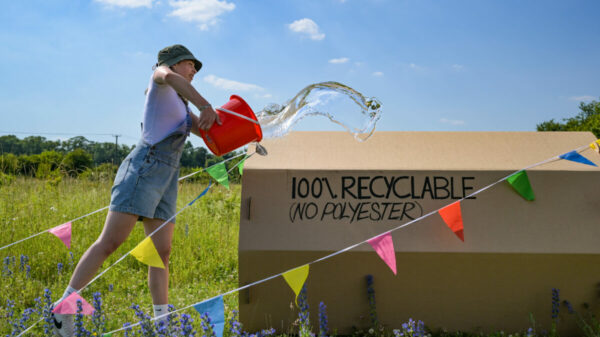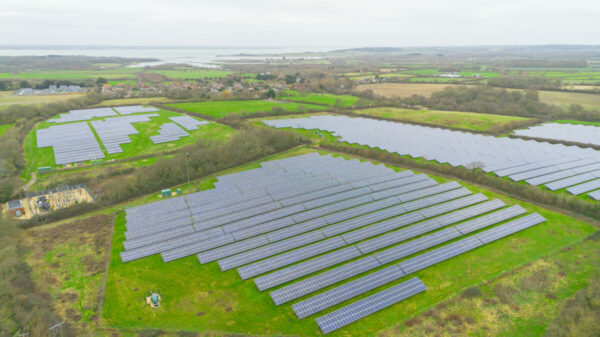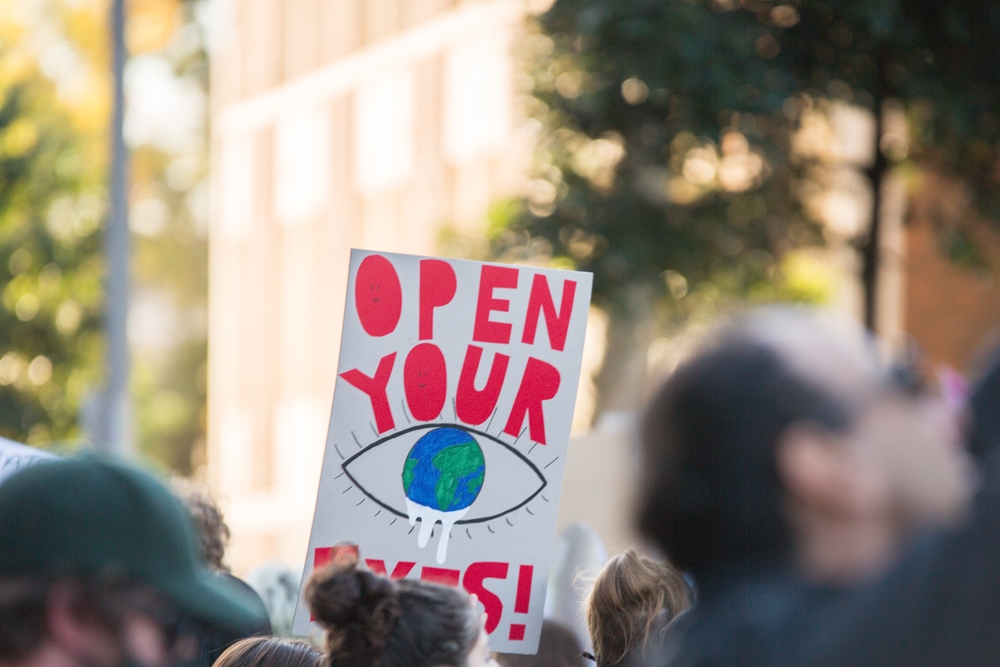Morrisons is to introduce seaweed-based livestock feed to bring lower-carbon beef products to its shelves.
The move comes by way of a partnership with Sea Forest, an Earthshot finalist and environmental technology company.
Sea Forest will work with Myton Food Group, Morrisons’ manufacturing arm, to supply SeaFeedTM to help fast-track the introduction of lower-carbon beef products such as mince, burgers, steaks and joints in Morrisons.
Approval for the process is being worked through, but if successful customers should see products on the shelf in Morrisons by 2026.
The move comes as the supermarket looks to achieve net zero agriculture emissions from its directly supplied farms by 2030.
A finalist for The Earthshot Prize, Sea Forest has already collaborated with Australian burger chain Grill’d to introduce a beef burger made from grass-fed black Angus cattle that produces 67% less methane emissions.
Subscribe to Sustainability Beat for free
Sign up here to get the latest sustainability news sent straight to your inbox everyday
Sea Forest says that when the SeaFeed product is included as a small fraction of the animals’ diet (approximately 0.5%), it reduces methane production without impacting the taste or quality of beef.
The partnership is the latest step in an innovative research programme between Morrisons and Queen’s University Belfast that is looking at the use of seaweed to help reduce methane production in cattle.
Professor Sharon Huws, director of research, Queen’s University Belfast, School of Biological Sciences and Institute for Global Food Security (IGF), said she was delighted to help “provide the scientific evidence underpinning the journey towards net zero in the Morrisons beef chain.
“Innovation is at the centre of the IGFS ethos, and this collaboration is an important example of how our research translates into impact for the sector, and indeed for the health of our planet”.










